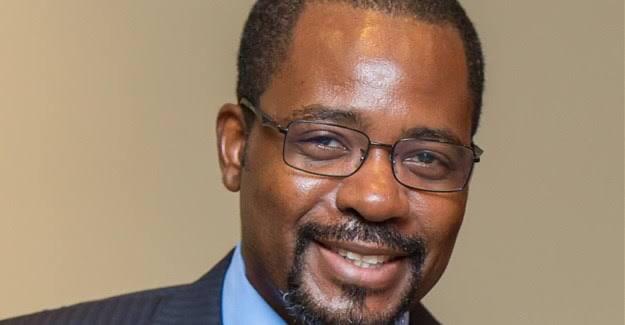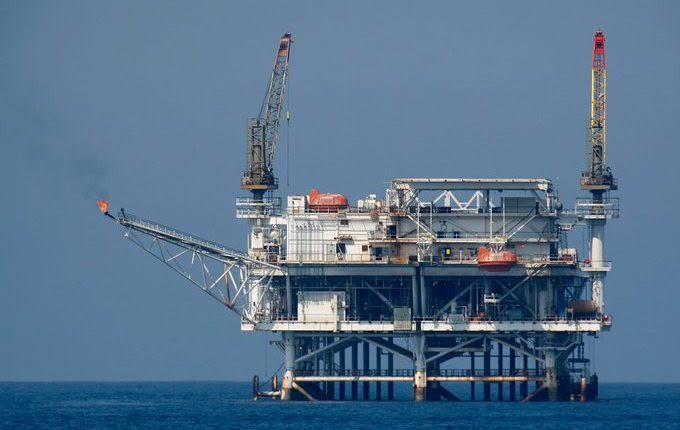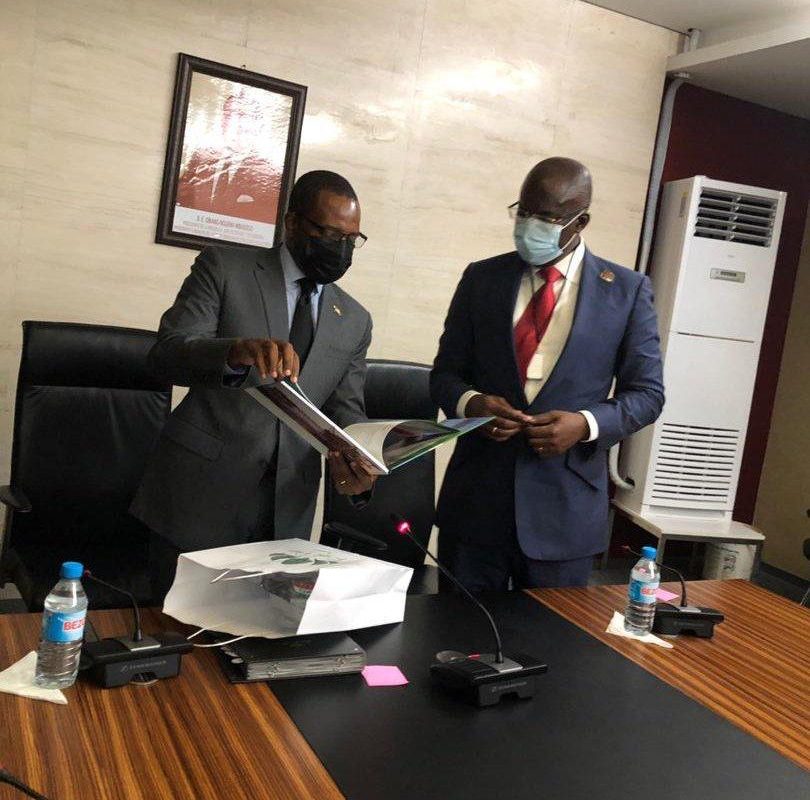The entire Government of Equatorial Guinea was dissolved last weekend during an Extraordinary Council of Ministers meeting.
According to a communique issued by the presidency, it read: “The outgoing government has not fulfilled its duties or achieved the objectives programmed… rigorous measures are needed to mitigate the effects of possible insolvency against specific obligations.”
The resigned cabinet members included H.E Gabriel Mbaga Obiang Lima, the now erstwhile Minister of Mines and Hydrocarbons.
The decline in global oil demand and supply is one of the reasons for this action taken by the President. The economy of Equatorial Guinea is “almost” totally dependent on revenues from the export of oil and gas, with oil and gas accounting for more than 90% of the country’s export revenue.
The economy is said to have fallen into recession even before the outbreak of the COVID-19 pandemic in the country due to a decline in global oil demand which has led to ‘very’ low oil prices globally.
An imminent reshuffle is being anticipated soon. Only the Prime Minister of the country, Pascal Obama Asue, was reinstated to his previous position, but it is expected that the former Honourable Minister of Mines and Hydrocarbons will be reinstated to the office he has occupied for many years.
Last week, H.E Obiang Lima continued to engage with relevant stakeholders in the country’s energy sector. Alongside the Director-General of National Content, Santiago Mba Eneme Nsuga, he met with a delegation from ExxonMobil, Marathon Oil Corp, AMPCO, Noble Energy, Trident Energy, EG LNG and Kosmos Energy to discuss the challenges of the oil market and post-pandemic recover plans.
The 2020 Equatorial Guinea’s Year of Investment (A year of energy-focused deal-making centred on driving investment in Equatorial Guinea and Africa’s leading oil and coal-producing economies) aimed at driving investment in the oil and gas sector has been postponed to 2021.
This did not hamper the Ministry of Mines and Hydrocarbons, through the erstwhile Minister, to continue to find ways to prepare the sector for life after the pandemic and ways to aid the recovery and stability of the local and global oil market.



